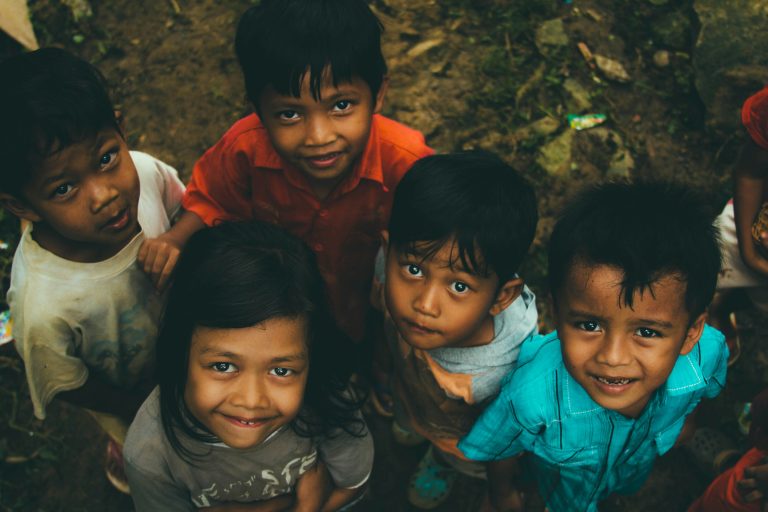If Nepal doesn’t develop employment that match market demand, it could lose the benefits of its rising working-age population. The World Bank has warned that the country’s human capital advantages could be wasted if there are no targeted job openings.
In the last forty years, Nepal has made a lot of development in the social sector, with big gains in maternal and child health, literacy, and other important areas. Still, the country has never been able to take advantage of these achievements.
A recent study by the World Bank shows that Nepal hasn’t completely taken advantage of the advances it has made in several sectors, especially in getting people to work. When compared to other nations with similar incomes, the chances of a child born in Nepal today reaching their full potential are far lower.
The results show that even though education and health indices have gotten better, these improvements have not led to more productivity or wealth creation in the country. Nepal does rather well on the Human Capital Index, but it still needs to get better at building up and using its human capital.
Nepal scored 5 on the World Bank’s rating, which is higher than the average for South Asia, based on things like life expectancy, education, and health. That so, this still means that kids born today will only reach about half of their potential. The index also shows how likely it is that that potential will be employed well in business, work, production, and making money.
The data also shows that there are big differences between regions. Kids born in Karnali Province are likely to lose 54% of their potential, while kids born in Bagmati Province are likely to reach 58% of theirs.
The amount of human capital in Nepal’s overall national wealth has been going down. Upper- and lower-middle-income countries, on the other hand, have progressively grown their share over the past 25 years. The average share for upper-middle-income countries was 57% in 1995, and for lower-middle-income countries, it was 56%. Nepal had a 52% stake at the time. By 2018, Nepal’s number had declined to 44%, while the numbers for upper- and lower-middle-income countries had climbed to 66% and 62%, respectively.
Even though education and health have gotten better, this drop is mostly because people aren’t using their abilities enough and there aren’t many chances for them to grow. The World Bank says that literacy and school enrollment have gone up, but the quality of learning is still poor, which hurts outcomes.
Official numbers say that a Nepali student finishes 12 years of school, but in actuality, the quality of learning is only equal to seven years in other nations. In health, a high illness load suggests that the problems that low-income populations experience are still mostly not being dealt with.
The government’s spending on health and education is still not enough. Spending per person is still lower than the worldwide average and hasn’t reached the levels found in nations with similar incomes.
With the existing job market and job quality, it’s improbable that children born today would be able to build a future in Nepal or find work in its domestic labor market. Only 18% of the country’s potential human capital is being used, which is like only making 18 kilograms of potatoes from a capacity of 100 kilograms, leaving 82% of the potential untapped.
The World Bank cautions that if job creation doesn’t keep up with market demand, Nepal’s expanding working-age population would grow without the jobs it needs to support itself, wasting a once-in-a-generation demographic advantage.


